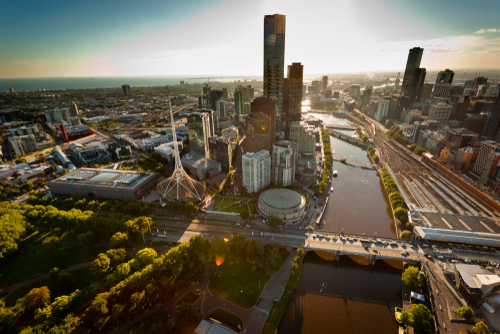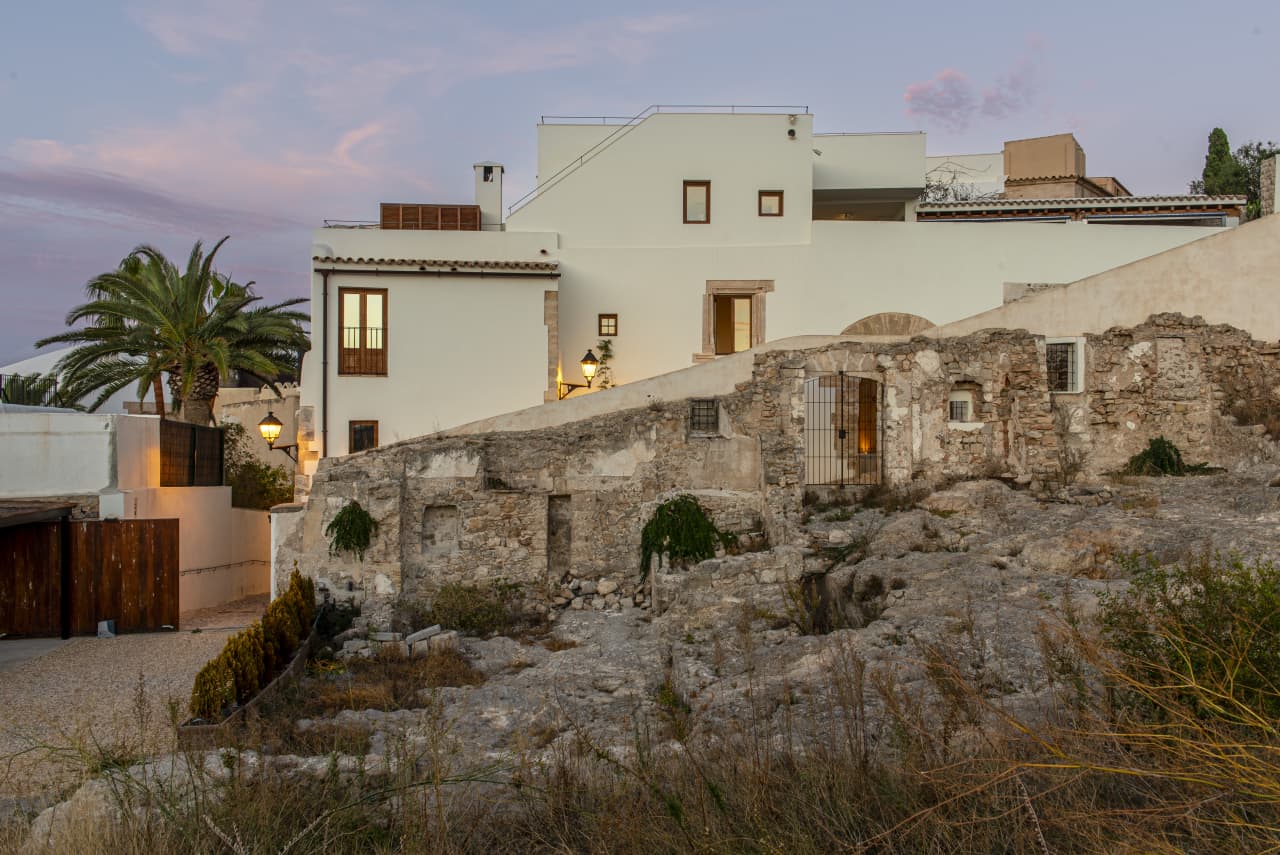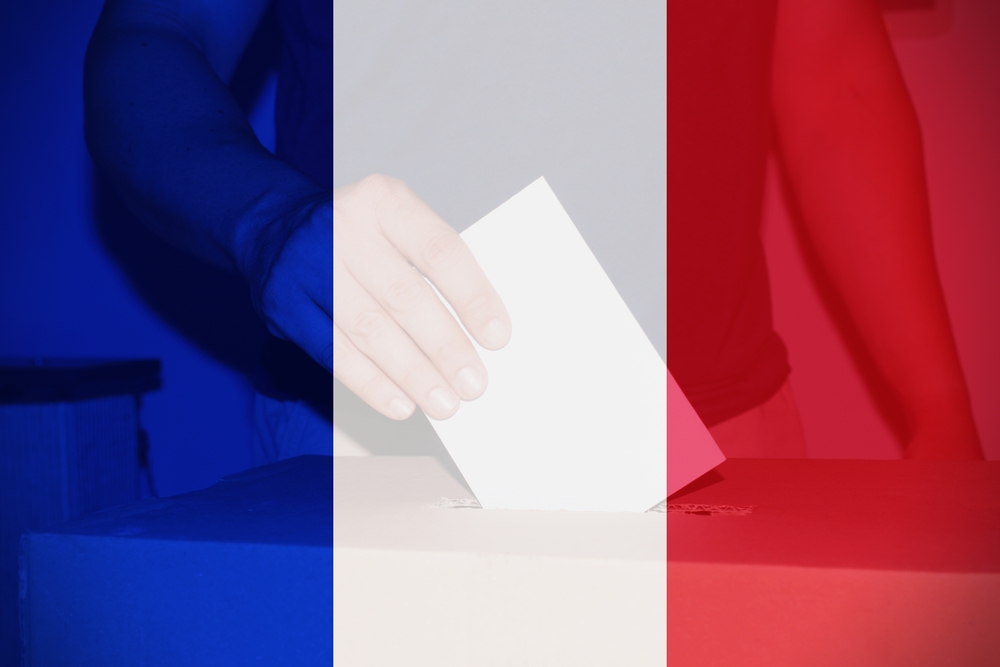Why It’s Now Easier to Underestimate Your Expenses and Overspend
Many people are spending more than they think as inflation stays elevated
Many people have a gap between what they think they spend and what they actually spend. This gap has widened recently as the financial and psychological effects of higher prices further strain people’s budgets.
Elevated inflation has rippled through American’s wallets for more than a year now. Some have cut back, while others have increased their spending to keep up. Credit-card balances were staying relatively flat for a while, but have jumped higher recently.
In the fourth quarter of 2022, the average household’s credit-card balance was $9,990, up 9% from in the fourth quarter of 2021, according to WalletHub, a consumer-finance website. Meanwhile, the average credit-card interest rate rose to a record high of about 20% last week, according to Bankrate.
Financial advisers say the larger amount of credit-card debt while rates are higher is one indication that some Americans are spending more than they think they are. This type of spending can reduce people’s ability to pay for important items down the road, such as college for a child or even fund their own retirement. More immediately, it will put people in costlier debt.
“If people spend too much on credit, they could end up trapped in a cycle of debt,” said Courtney Alev, consumer financial advocate at Credit Karma.
Spending less isn’t always possible when everything from groceries to travel is generally more expensive. Still, people can find ways to cut back if they understand more about why they are overspending and take a closer look at their finances.
Inflation on top of inflation
The power of compounding is a boon to investors, but not to shoppers.
Money grows much faster than most people expect because interest is earned on interest, said Michael Liersch, head of Wells Fargo & Co.’s advice and planning centre. A similar concept applies to inflation: Prices rise, and if inflation remains high, prices continue to grow on top of already-inflated prices, leaving people off guard.
“People get constantly surprised that their money isn’t going as far as they thought it would,” he said.
The cost of eating out and going for drinks continues to take Dina Lyon aback. Even though the 36-year-old married mother of one is dining out and ordering in far less than she did a year ago, some prices still give her sticker shock.
“The difference between cooking at home—about $10 for nice pasta and quick sauce from canned tomatoes—versus Italian takeout of $50 is astronomical,” said Ms. Lyon, who lives in Brooklyn, N.Y.
Outdated budgets
People tend to underestimate their future spending in large part because they base their predictions on typical expenses that come to mind easily, said Abigail Sussman, a professor of marketing at the University of Chicago Booth School of Business.
She and other researchers found that when people are coming up with predictions, they tend to think about what they usually spend money on—such as groceries, rent and gas—and base their predictions primarily on these expenses. They are less likely to consider atypical expenses, such as car repairs or birthday presents, the researchers found.
This pattern is particularly problematic when inflation is high, said Prof. Sussman. When the price of the same basket of items rises, people might not account for these price increases in their future budgets, she said.
Further, times of stress cause people to be less intentional about tracking their money, said Mr. Liersch. They might also spend more than they know they can afford to soothe feelings including anxiety and depression.
According to a recent survey by Credit Karma, 39% of Americans identify as emotional spenders (defined by the study as someone who spends money to cope with emotional highs and lows.)
Take control
You have a better chance of staying under budget if you become more aware of your spending instead of sticking your head in the sand, financial advisers said.
One thing Adam Alter, a professor of marketing at New York University’s Stern School of Business, does is create a line item in his monthly budget for one-off expenses, such as an unexpected medical bill. This gives him a cushion in his budget and enables him to more fully examine how much he is spending each month, said Prof. Alter, who has studied overspending.
People might also wish to include an escalating buffer into their budgets of say, 2% to 5% a year, to account for inflation, he said.
Jay Zigmont, a financial planner in Water Valley, Miss., looks at clients’ total take-home income from the year, subtracts everything they must spend money on such as their mortgage and how much they saved. The remaining number is how much they spent on discretionary spending.
In most cases, clients are surprised they spent so much, he said.
Once people know how much they spend, Britta Koepf, a financial planner in Independence, Ohio, suggests they practice mindful spending. Before any purchase, ask yourself if you really want or need what you are buying. Frequently, the answer is yes, but sometimes waiting five seconds will prevent you from overspending, she said.
You can also practice mindfulness by delaying purchases further.
“A lot of the time, if I tell myself that I will purchase it next week, I find that I am no longer interested a week later,” she said.
 Copyright 2020, Dow Jones & Company, Inc. All Rights Reserved Worldwide. LEARN MORE
Copyright 2020, Dow Jones & Company, Inc. All Rights Reserved Worldwide. LEARN MORE
This stylish family home combines a classic palette and finishes with a flexible floorplan
Just 55 minutes from Sydney, make this your creative getaway located in the majestic Hawkesbury region.
Continued stagflation and cost of living pressures are causing couples to think twice about starting a family, new data has revealed, with long term impacts expected
Australia is in the midst of a ‘baby recession’ with preliminary estimates showing the number of births in 2023 fell by more than four percent to the lowest level since 2006, according to KPMG. The consultancy firm says this reflects the impact of cost-of-living pressures on the feasibility of younger Australians starting a family.
KPMG estimates that 289,100 babies were born in 2023. This compares to 300,684 babies in 2022 and 309,996 in 2021, according to the Australian Bureau of Statistics (ABS). KPMG urban economist Terry Rawnsley said weak economic growth often leads to a reduced number of births. In 2023, ABS data shows gross domestic product (GDP) fell to 1.5 percent. Despite the population growing by 2.5 percent in 2023, GDP on a per capita basis went into negative territory, down one percent over the 12 months.
“Birth rates provide insight into long-term population growth as well as the current confidence of Australian families,” said Mr Rawnsley. “We haven’t seen such a sharp drop in births in Australia since the period of economic stagflation in the 1970s, which coincided with the initial widespread adoption of the contraceptive pill.”
Mr Rawnsley said many Australian couples delayed starting a family while the pandemic played out in 2020. The number of births fell from 305,832 in 2019 to 294,369 in 2020. Then in 2021, strong employment and vast amounts of stimulus money, along with high household savings due to lockdowns, gave couples better financial means to have a baby. This led to a rebound in births.
However, the re-opening of the global economy in 2022 led to soaring inflation. By the start of 2023, the Australian consumer price index (CPI) had risen to its highest level since 1990 at 7.8 percent per annum. By that stage, the Reserve Bank had already commenced an aggressive rate-hiking strategy to fight inflation and had raised the cash rate every month between May and December 2022.
Five more rate hikes during 2023 put further pressure on couples with mortgages and put the brakes on family formation. “This combination of the pandemic and rapid economic changes explains the spike and subsequent sharp decline in birth rates we have observed over the past four years,” Mr Rawnsley said.
The impact of high costs of living on couples’ decision to have a baby is highlighted in births data for the capital cities. KPMG estimates there were 60,860 births in Sydney in 2023, down 8.6 percent from 2019. There were 56,270 births in Melbourne, down 7.3 percent. In Perth, there were 25,020 births, down 6 percent, while in Brisbane there were 30,250 births, down 4.3 percent. Canberra was the only capital city where there was no fall in the number of births in 2023 compared to 2019.
“CPI growth in Canberra has been slightly subdued compared to that in other major cities, and the economic outlook has remained strong,” Mr Rawnsley said. “This means families have not been hurting as much as those in other capital cities, and in turn, we’ve seen a stabilisation of births in the ACT.”
This stylish family home combines a classic palette and finishes with a flexible floorplan
Just 55 minutes from Sydney, make this your creative getaway located in the majestic Hawkesbury region.






















